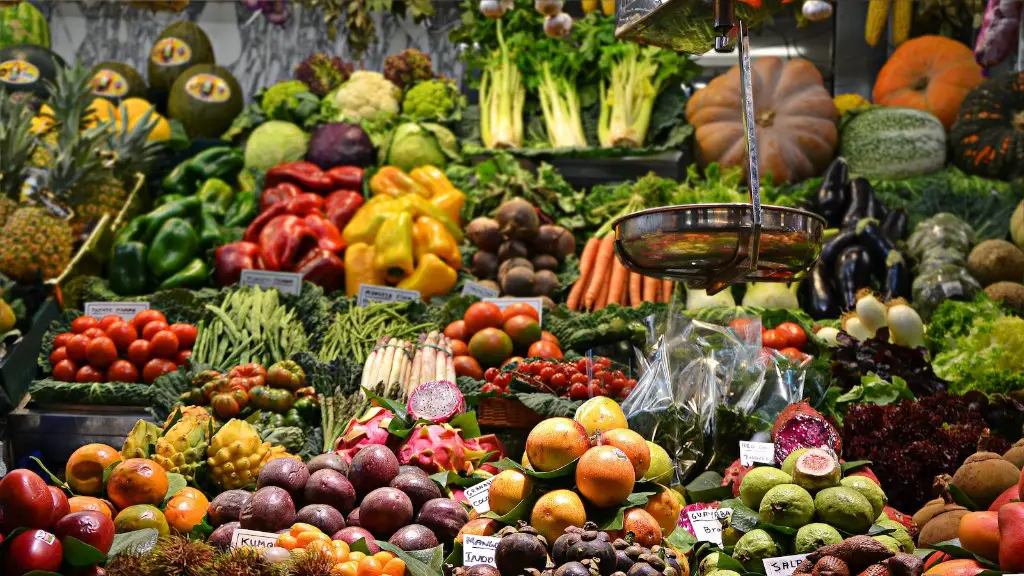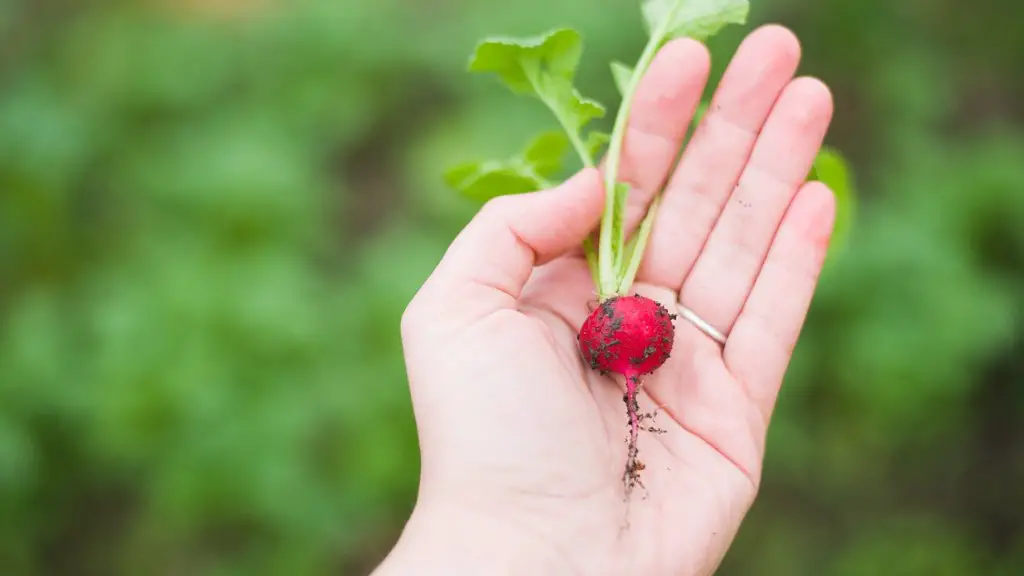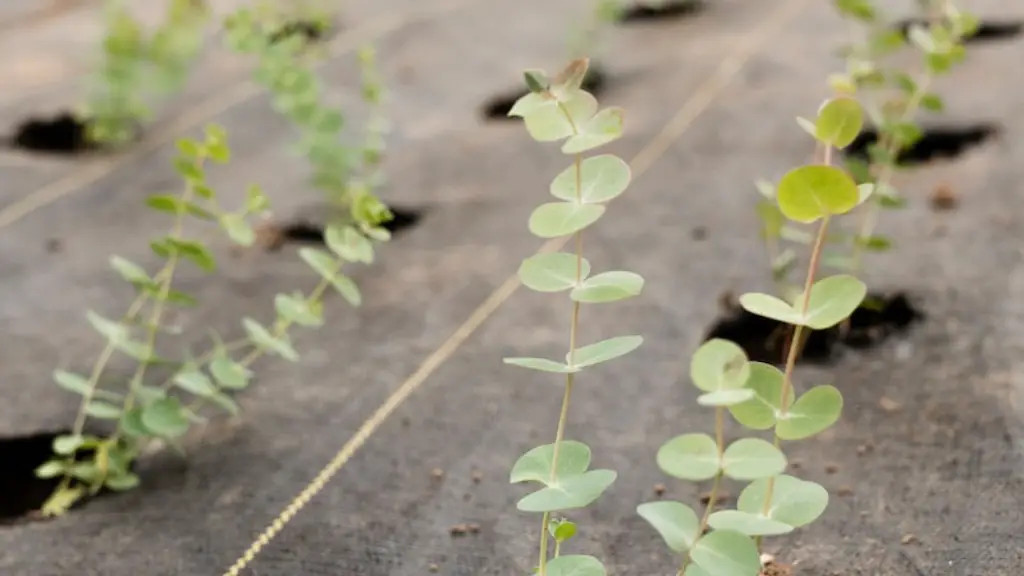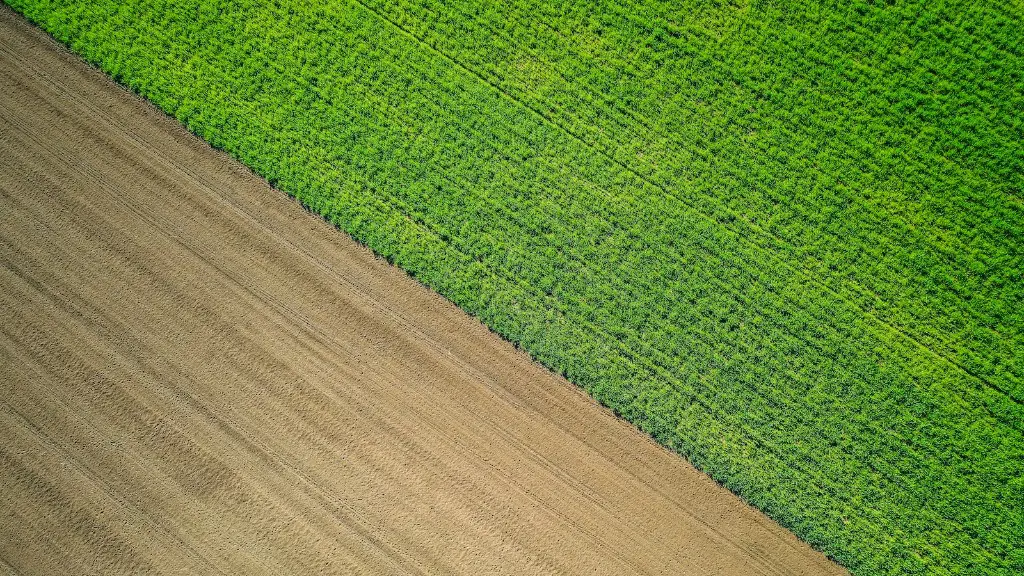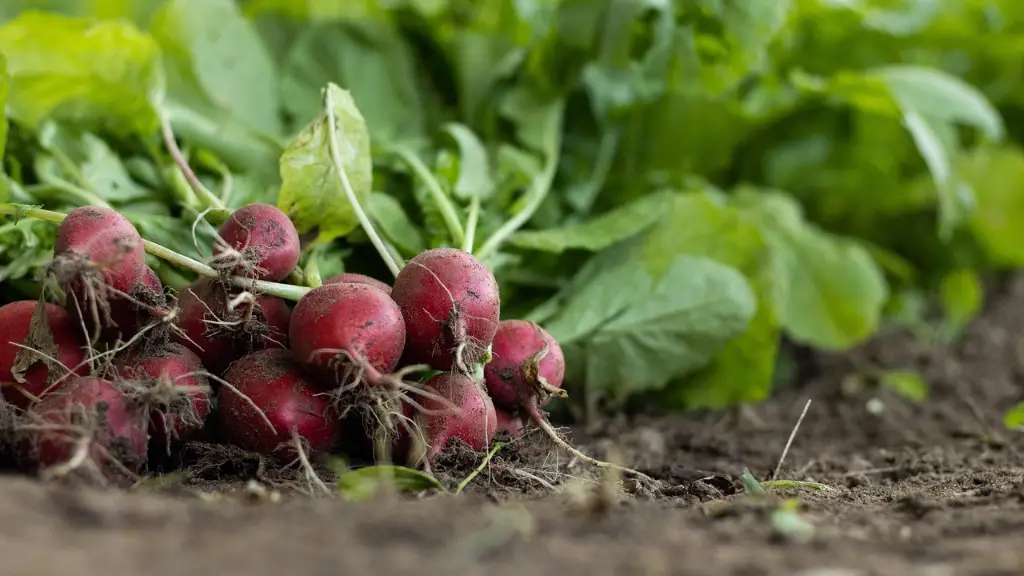Global warming will have a number of potential impacts on agriculture, including changes in crop yields, the spread of pests and diseases, and agricultural production costs. These impacts will vary depending on the geographical location and the type of agriculture being considered. For example, staple crops such as rice and wheat are likely to be less affected by global warming than other types of crops, such as fruits and vegetables. In general, global warming is likely to have a negative impact on agriculture, with some regions being more impacted than others.
There is a lot of evidence that global warming will have a big impact on agriculture. One study estimates that by the year 2050, global warming will reduce the world’s grain supply by 10-15%. This will cause a lot of problems because there are already a lot of people who don’t have enough to eat. Global warming will also make it harder to grow crops in many parts of the world because it will make the climate hotter and drier. This will hurt farmers and food prices will go up.
How does global climate change affect agriculture?
Climate change can disrupt food availability, reduce access to food, and affect food quality For example, projected increases in temperatures, changes in precipitation patterns, changes in extreme weather events, and reductions in water availability may all result in reduced agricultural productivity.
Climate change is a major threat to food security. The Intergovernmental Panel on Climate Change’s (IPCC) Fifth Assessment Report warns that climate change could reduce global crop production by 2% per decade for the rest of the century. The report also projects that climate change will increase the risk of hunger and malnutrition for up to 500 million people by 2050.
There are a number of reasons why climate change poses a threat to food security. First, climate change can disrupt food availability. For example, projected increases in temperatures, changes in precipitation patterns, and reductions in water availability may all result in reduced agricultural productivity. Second, climate change can reduce access to food. For example, extreme weather events such as floods and droughts can damage infrastructure and disrupt transportation, making it difficult for people to access food. Third, climate change can affect food quality. For example, rising temperatures and changes in precipitation patterns can create conditions that are conducive to the spread of pests and diseases, which can damage crops and make food unsafe
Climate change is already having a major impact on agriculture in the United States. Floods have become more common in many agricultural regions, while droughts have become more severe in others. This has led to changes in crop and livestock viability, as well as new problems with pests, pathogens, and weeds.
Does climate change destroy agriculture
Climate change will affect agricultural production in NSW, with changing conditions potentially attracting new pests and diseases, and changing the areas that are suitable for farming. This may have a significant impact on the agricultural industry in NSW, and farmers will need to be adaptable and proactive in order to maintain production levels.
Climate change is having a major impact on US agriculture. Farmers are facing drought, rangeland wildfires, and shifting distributions of pests and diseases that are impacting crops and livestock. Fisheries are also being affected by warming waters. These changes are putting a lot of stress on farmers and the agricultural industry as a whole.
How climate change affects food and agriculture?
As temperatures continue to rise, it is becoming increasingly important to consider how this may affect the health of our livestock. warmer temperatures can lead to reduced milk, egg, and meat production, as well as increased fatalities. In addition, producers will have to incur increased costs to keep their animals cool and comfortable. On the other hand, higher CO2 levels may actually result in greater productivity from certain crops. Wheat, barley, canola, soybeans, and potatoes are all examples of crops that could see a boost in productivity due to increased levels of CO2. As we consider the potential impacts of climate change, it is important to weigh both the positive and negative potential outcomes in order to make the best decisions for our future.
Water scarcity is one of the major concerns when it comes to crop failure predictions. With a warmer world, water becomes a critical resource that is in high demand. Climate change can cause a shift in precipitation patterns, leaving some regions extremely dry while others experience flooding. Most of the world’s breadbaskets are unfortunately located in areas that are projected to become drier, making it difficult to maintain a consistent food supply.
What is the relationship between climate and agriculture?
Climate change will have an effect on agricultural production in a number of ways. The most important include changes in average temperature, rainfall and climate extremes. Soil erosion, for example, can be caused by floods or droughts, and this will have an impact on crops. Changes in pests and diseases can also affect crop yields, and changes in atmospheric carbon dioxide can impact the nutritional quality of some crops. All of these effects will need to be taken into account by farmers in order to adapt their production methods to the changing climate.
Climate change is affecting food production in a number of ways, including lower crop yields, livestock stress and higher operational costs. Transport of food is also being disrupted by more frequent extreme weather events, such as floods or bushfires. Storage of food is also becoming more vulnerable to pests and diseases in warmer weather.
What is the impact of climate change on food
Agriculturally, climate change refers to changes in temperature, rainfall, humidity, and other extreme weather events that can affect crop production. As we continue to emit greenhouse gases into the atmosphere, the Earth’s average temperature is projected to rise, and there will likely be more frequent and more intense weather events. This will have a direct impact on crop yields, as well as the quality and safety of our food supply. For example, rising temperatures and changes in rainfall patterns can increase the spread of pests and diseases, and lead to more extreme weather events like floods and droughts. These changes will have a ripple effect on the global food system, and can ultimately lead to higher food prices and increased hunger and malnutrition.
Climate change is expected to increase foodborne pathogens and mycotoxins, cold storage requirements, and food waste from bad weather and damaged infrastructure.
How will climate change affect agricultural food in 2050?
A new study has found that the effects of climate change on agriculture could lead to a 17% reduction in global crop yield by 2050, without the use of carbon fertilization. The study, which considered the response by economic agents, shows that the biophysical yield reduction would have a significant impact on food production worldwide. The research highlights the need for further action to mitigate the effects of climate change on agriculture, in order to avoid potential food shortages in the future.
As temperatures rise, the demand for water by crops and natural vegetation will also increase. This will lead to more rapid depletion of soil moisture, which combined with changes in rainfall patterns, may lead to more frequent crop failures.
Why is climate important in agriculture
Even if the average amount of precipitation is not projected to change, there are likely to be more extreme weather events that will reduce crop yields. Heavy rains, hail storms, and flooding can physically damage crops, and extremely wet conditions in the field can delay planting or harvesting.
Agriculture is the leading source of pollution in many countries. Pesticides, fertilizers and other toxic farm chemicals can poison fresh water, marine ecosystems, air and soil. They also can remain in the environment for generations.
In order to protect our environment, we need to take measures to reduce the use of harmful chemicals in agriculture. This can be done by using environmentally friendly pesticides and fertilizers, and by adopting organic farming practices.
What are the 5 effects of global warming?
Climate change is having a number of effects on the environment and on society. One of the most important effects is the rise in global temperatures. This is causing more severe storms, increased drought, and a warming, rising ocean. The loss of species, not enough food, and more health risks are also being attributed to climate change. Poverty and displacement are two other significant effects of climate change.
Engineered crops are one tool that can be used in the fight against climate change. Genetic engineering is already being used to help organisms adapt to rapidly changing climates. Researchers are developing strains of rice, maize and wheat capable of withstanding longer droughts and wetter monsoon seasons.
This is just one example of how engineering can be used to help crops adapt to a changing climate. There are many other possible applications, including developing crops that require less water or are more resistant to pests and diseases.
Engineered crops are not a silver bullet, but they can help to mitigate the effects of climate change. Combined with other measures, such as reducing greenhouse gas emissions and improving agricultural practices, they can make a significant difference in the fight against climate change.
Conclusion
Global warming affects agriculture in a number of ways. Rising temperatures can lead to drought, which can reduce crop yields. Extreme weather events, such as heat waves, floods, and hurricanes, can also damage crops and disrupt logistics, affecting both farmers and consumers. In addition, higher temperatures can lead to the spread of pests and diseases, as well as longer growing seasons, which can also have an impact on crop yields.
Global warming affects agriculture in a number of ways. It can result in increased evaporation from the soil, leading to more water being needed to irrigate crops. There can also be changes in the timing and amount of rainfall, which can impact crop growth. One of the most direct effects of global warming on agriculture is an increased risk of crop failure due to extreme weather events, such as droughts or heatwaves. In the long term, global warming is likely to have a significant impact on the global food supply, as crop yields decline and certain areas become too hot or dry to grow crops.
